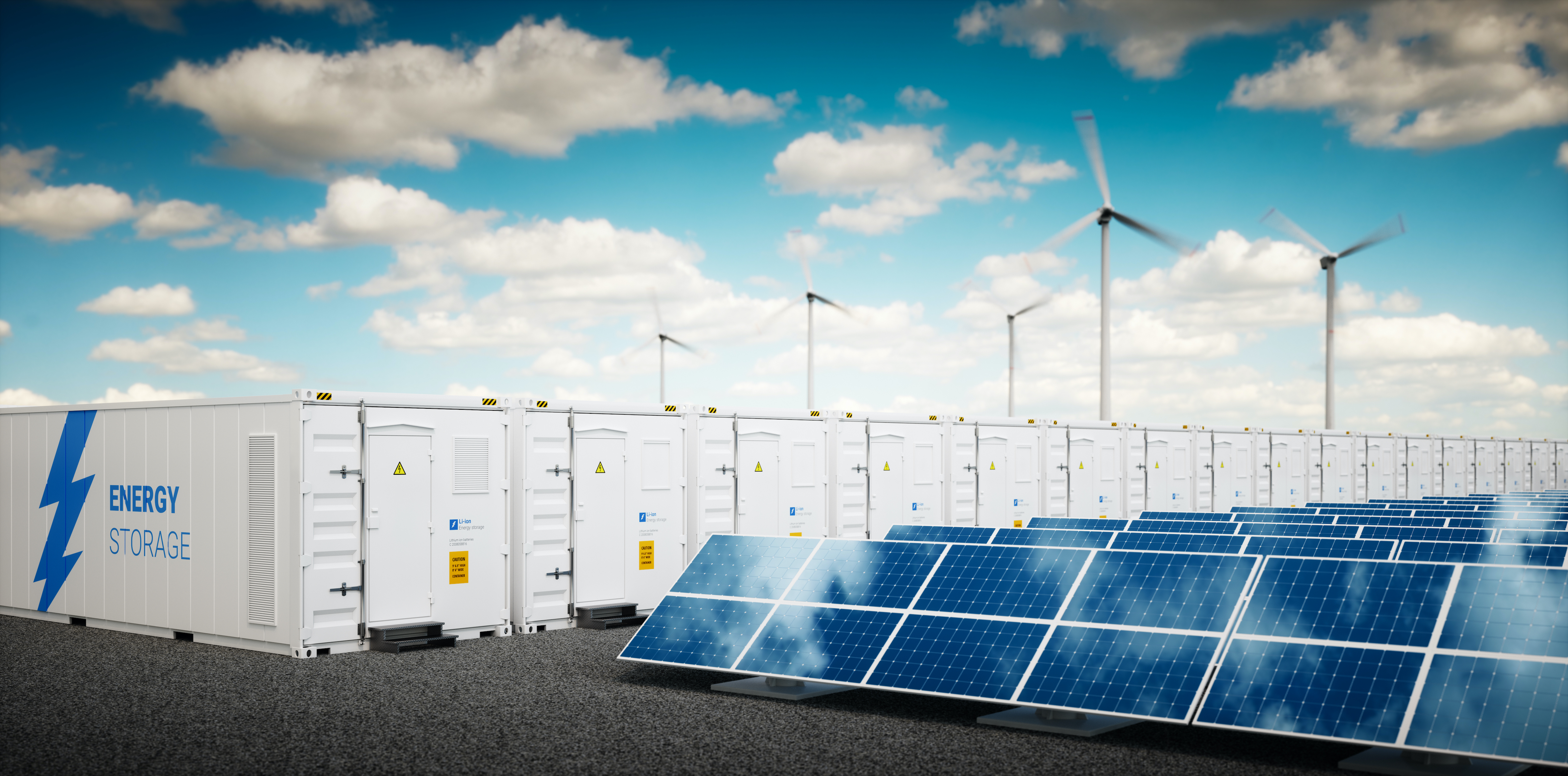New IFC partnerships to fund sustainable development in Southeast Asia
- November 14, 2024
- 0

Southeast Asia, including the Philippines, could gain significantly from rising global investor interest in funding scalable decarbonization and sustainable projects in the region.
Manila Bulletin reported that during COP29 in Baku, Azerbaijan, the International Finance Corporation (IFC) revealed new partnerships with investment firms BlackRock Inc. and Pentagreen Capital, based in Singapore, to support c
The World Bank Group’s private-sector arm announced that it had signed a statement of intent (SOI) with BlackRock, the Monetary Authority of Singapore (MAS), Mitsubishi UFJ Financial Group Inc. (MUFG), Nippon Export and Investment Insurance (NEXI), and the AIA Group.
Under this SOI, the parties aim to identify opportunities for debt financing that support private businesses in decarbonizing, including projects across high-emission industries, low-carbon technologies, and new industrial processes.
This SOI aligns wi
A joint report by the IFC and the International Energy Agency (IEA) noted that Southeast Asia needs to increase annual clean energy investments to USD 208-244 billion by 2030, up from USD 30 billion in 2022, to meet rising energy demand.
The IFC, in another statement on November 12, announced its Green Investments initiative with Pentagreen Capital, funded by HSBC and Singapore’s Temasek, to launch USD 1 billion in funding for green projects next year under MAS’s FAST-P program.
Green Investments will focus on financing projects in renewable energy and storage, electric vehicle infrastructure, sustainable transport, water and waste management, and other green sectors, according to the IFC.
The collaboration aims to boost the availability of bankable projects, with HSBC and Temasek committed to continued funding, while Singapore’s government will match capital contributions with other potential sources, including Allied Climate Partners.